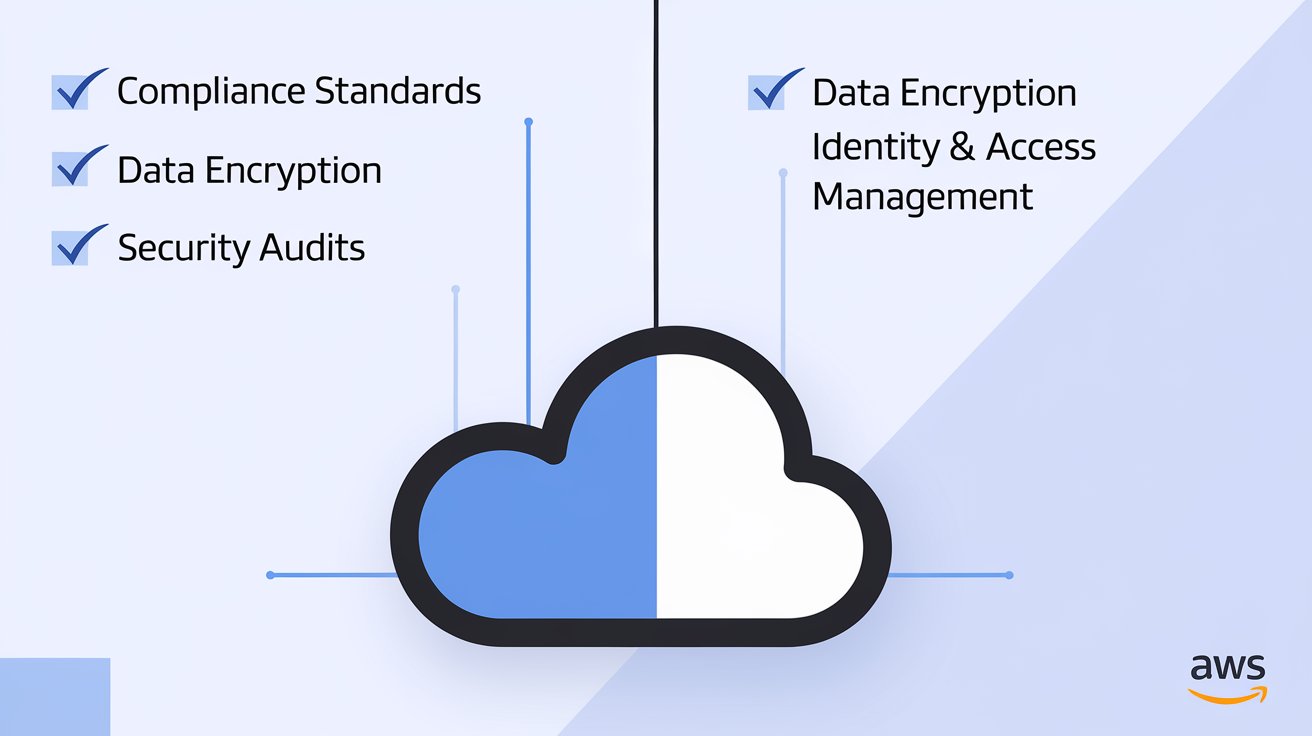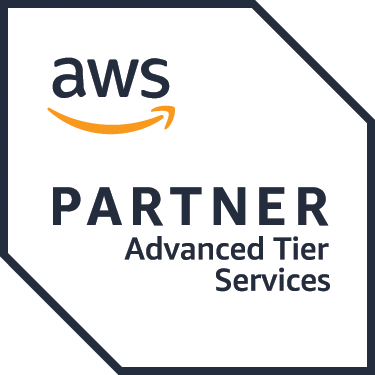
Ensuring Compliance in the Cloud: Key Considerations for Software Companies using AWS
In today’s fast-evolving digital landscape, more and more software companies are adopting cloud solutions to enhance their scalability, flexibility, and performance. AWS (Amazon Web Services), as one of the leading cloud platforms, offers businesses an extensive suite of services to manage their infrastructure and applications efficiently. However, with great power comes great responsibility—particularly when it comes to ensuring security and regulatory compliance in the cloud.
Compliance in the cloud is not just about meeting legal requirements; it’s about building customer trust and protecting sensitive data. As software companies migrate to AWS, understanding the key considerations for cloud security and compliance is critical. In this comprehensive guide, we’ll explore essential strategies that your business should adopt to maintain compliance while leveraging the benefits of AWS.
Understanding Compliance in AWS
Compliance in the cloud refers to the practice of adhering to regulations, standards, and guidelines that are designed to protect data and ensure security. These may include industry-specific regulations like HIPAA for healthcare, PCI DSS for payment card data, and GDPR for the protection of personal data in the European Union. When using AWS, you must ensure that your cloud infrastructure complies with these standards as well as other regional or global regulatory frameworks.
While AWS offers numerous compliance-ready tools and services, it’s important to recognize that AWS follows a “shared responsibility model.” This means that AWS is responsible for securing the underlying cloud infrastructure, while your business is responsible for securing the applications, data, and configurations deployed in the cloud.
Why is Compliance Important?
Common Cloud Compliance Challenges
Many software companies moving to the cloud face several challenges in meeting compliance requirements. Here are some common pitfalls:
By understanding these challenges, software companies can take proactive steps to avoid non-compliance while using AWS.
Key Considerations for Ensuring Compliance in AWS
Let’s dive into the most important areas you need to focus on to maintain compliance in AWS.
- AWS Key Management Service (KMS): Manage and control encryption keys.
- Amazon S3 Server-Side Encryption: Encrypt your data stored in Amazon S3.
- AWS Certificate Manager (ACM): Automate the management of SSL/TLS certificates for encrypting data in transit.
You should ensure that all sensitive data is encrypted using best-in-class encryption protocols. In addition, consider encryption key rotation policies and proper key management practices to ensure data security.
IAM is crucial for ensuring that the right users have access to the right resources in AWS. Here’s how you can manage it:
- IAM Roles and Policies: Define roles and granular policies to ensure access control.
- MFA (Multi-Factor Authentication): Always enable MFA for added security when accessing AWS accounts.
- Least Privilege Principle: Ensure that users only have the permissions they need to perform their job, and nothing more.
By using AWS IAM tools correctly, you can control access to data, applications, and services while staying compliant with security standards.
- AWS CloudTrail: Provides logs of all account activity in AWS, enabling auditing and compliance tracking.
- Amazon CloudWatch: Monitors AWS resources and applications in real-time, triggering alarms for unusual behaviour.
- AWS Config: Tracks configuration changes in AWS services and resources, ensuring continuous compliance.
By leveraging these tools, you can create a proactive monitoring strategy that flags potential compliance violations early.
Compliance regulations are constantly evolving, and it’s vital to stay up-to-date with changes in the law. AWS offers resources such as AWS Artifact, which provides on-demand access to AWS compliance reports and agreements, helping you stay informed.
Ensure that your cloud governance policies align with regulatory standards. Regularly review and update your governance policies to reflect new laws and requirements.
One of the biggest advantages of AWS is the ability to automate compliance tasks. By using infrastructure-as-code (IaC) tools like AWS CloudFormation, you can automate the deployment of compliant resources and services. Automating compliance helps reduce human error and ensures that all new instances adhere to your company’s security and compliance standards from the moment they’re created.
AWS Services for Cloud Security & Compliance
AWS offers a broad range of services designed specifically for security and compliance. Some of the most commonly used services include:
By implementing these AWS services, you can build a robust security architecture that not only enhances compliance but also boosts the overall security posture of your organization.
The Role of CloudJournee in Compliance
Cloud compliance can be challenging, especially for growing businesses that may not have dedicated compliance teams. That’s where CloudJournee comes in. As an Advanced AWS Partner, CloudJournee specializes in helping software companies navigate the complexities of cloud security and compliance.
Our team of experts can assist you with:
We understand the unique challenges software companies face in the cloud, and our expertise with AWS allows us to deliver tailor-made solutions that fit your business needs.
Conclusion and Next Steps: Start with a Free AWS Audit
Ensuring compliance in the cloud is a critical responsibility for software companies using AWS. By focusing on data security, access control, monitoring, and compliance automation, you can protect your business from costly breaches and non-compliance penalties.
CloudJournee can help you every step of the way. Our Free AWS Audit offers a detailed analysis of your current cloud infrastructure, highlighting compliance gaps and security risks. With our expertise, you’ll get actionable insights to improve your cloud security and meet industry standards.
Let CloudJournee ensure that your AWS environment is secure, compliant, and optimized for success.


